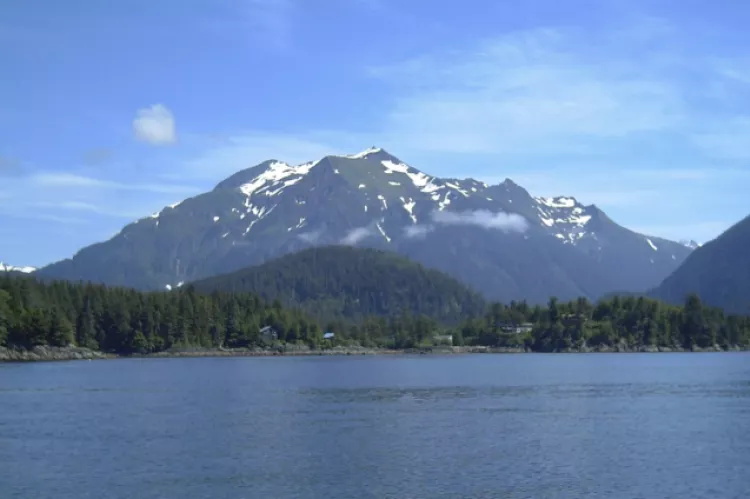
Walking in a peaceful forest can help you feel calmer and more connected to the natural world. What you might not have known is that the health of that forest can have a huge impact on the health of other major ecosystems, such as ocean life.
All of the world’s ecosystems are connected, but it can be easy to forget that when the forest down the road feels so disconnected from the ocean, miles and miles away. However, we have to understand exactly how important taking care of our forests is — not only for that ecosystem but for healthier oceans and a healthier planet overall.
Forests Help Prevent Ocean Acidification
Our oceans absorb a huge amount of carbon. Although this is a natural process, the ocean can absorb too much carbon when there aren’t enough mature trees in forests to capture their share.
When excessive carbon is absorbed in the ocean, it results in ocean acidification: the ocean’s pH changes and affects a wide range of organisms. Ocean acidification results in reduced numbers of certain types of marine life, which leads to a reduced food supply for other organisms. Forests’ role in capturing carbon can help prevent ocean acidification, which leads to a healthier ocean ecosystem.
Many species and humans in coastal communities rely on shelled marine life for food. If we don’t protect our forests, we will see a steep decline in ocean species and our own food supply.
Preventing Erosion and Promoting Soil Health
Another important role that forests play is in preventing erosion and promoting soil health. Forests help to prevent erosion and also filter out pollution that can enter oceans and affect the water supply.
When erosion occurs, sediment enters rivers and streams, polluting our waters and eventually affecting the ocean. Trees and forest ecosystems not only act as a filter, but they also help to anchor soil and reduce excessive erosion from occurring.
As with all ecosystems, balance is what’s important. Although erosion is natural, it can have a major negative impact on our waterways and can hasten the process of climate change. If we remove too many trees, we will soon see issues with air and water quality.
Threats to Our Forests
Climate change, spurred by humans, has had a profound impact on our forests in the last few decades. We are seeing more frequent forest fires and storms occurring in different areas of the world, which are beneficial at normal intervals but devastate forests when they occur too frequently. Climate change is allowing invasive species to thrive and disturb the natural ecosystems, and an overabundance of insects is upsetting the healthy balance of our forests.
Additionally, our human desire for more cleared land and the demand for more forest-based products like wood and paper has resulted in widespread reduction of beneficial forest ecosystems. This further accelerates climate change and impacts other critical ecosystems as forests store huge amounts of carbon and keep it out of the atmosphere.
Ways to Promote Healthier Forests
Although the news about climate change is grim, there are some important ways we can help to protect forests. We can work together to reduce the impact humans have had on forests’ health and their ability to protect connected ecosystems.
Smart forest management will be essential for preventing excessive wildfires that release carbon and destroy large areas of habitats for countless species. Individuals should also do their part to reduce fire risks, especially in areas with frequent wildfires.
We also need to work together to protect watersheds and prevent widespread deforestation. Healthy forests are necessary for carbon capture, clean air, and ocean health. Protect the forests near you to help protect all the ecosystems around you!
Taking Care of Forest Ecosystems Helps Slow Down Climate Change
Climate change is well underway. The best thing we can do now is to slow down its progress as much as we can by changing our priorities and protecting our ecosystems. Although individuals need to do their part in reducing climate change, a large part of the responsibility also rests on corporations and governments.
Forests are more than just a home for squirrels and deer. Once you start digging, you quickly realize how interconnected nature is — and how we need to respect that these natural systems are necessary for our very survival.





















